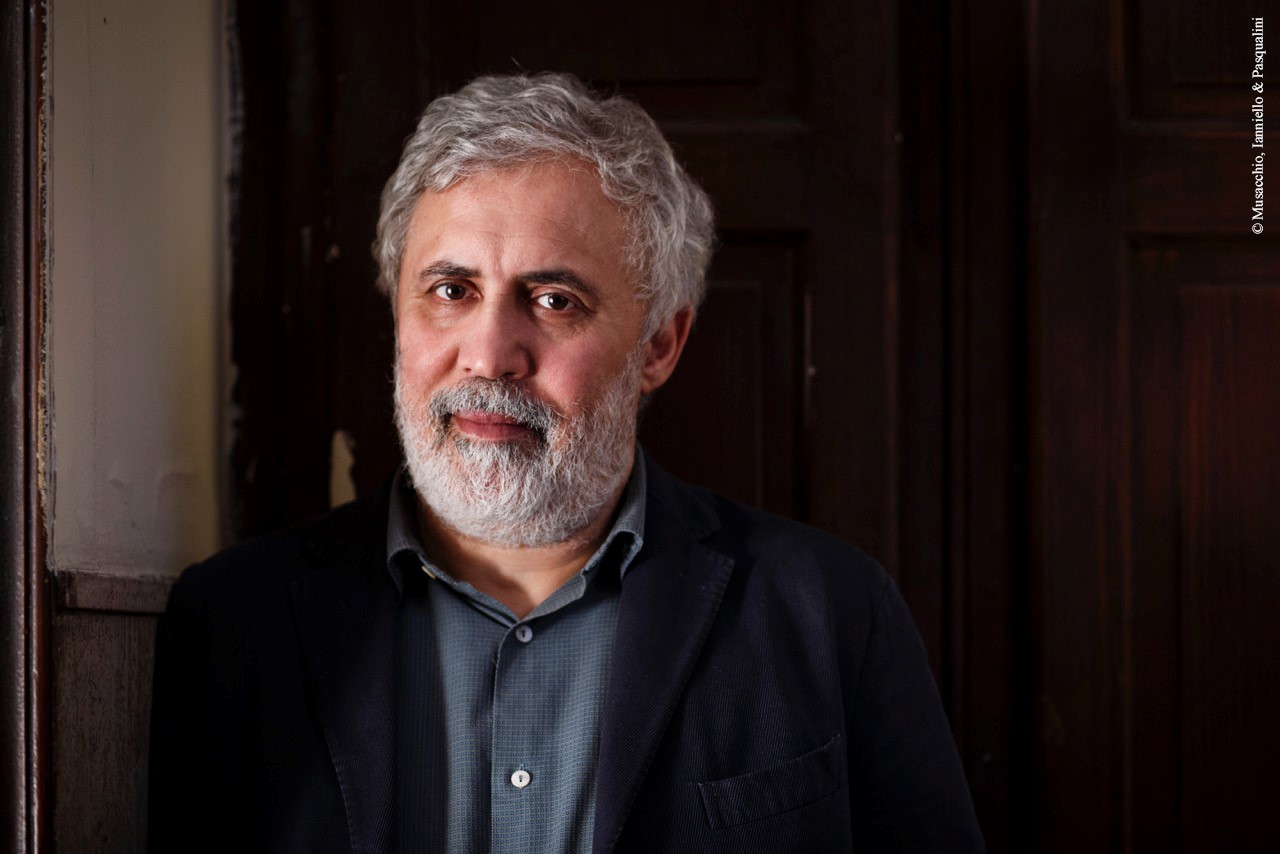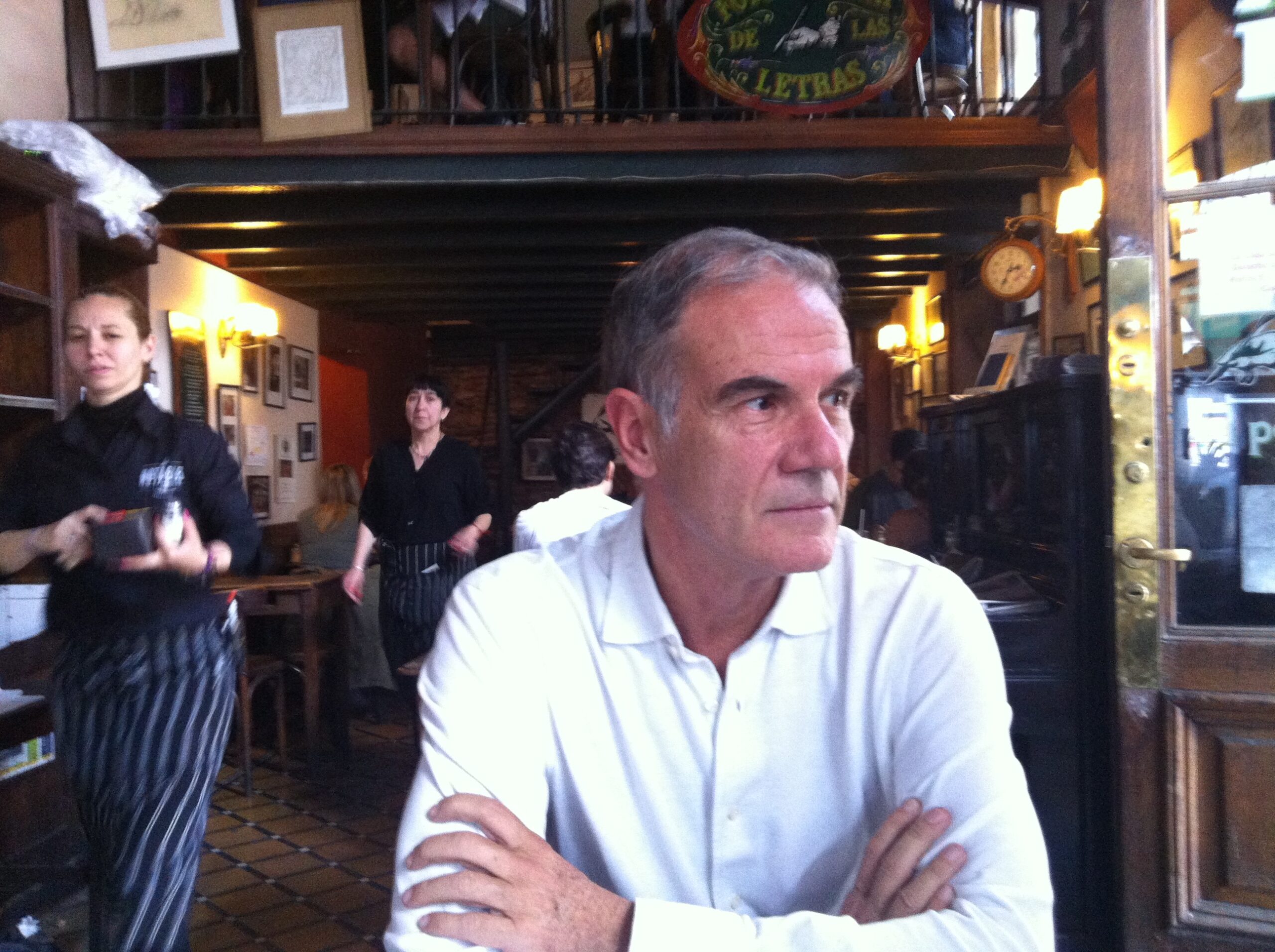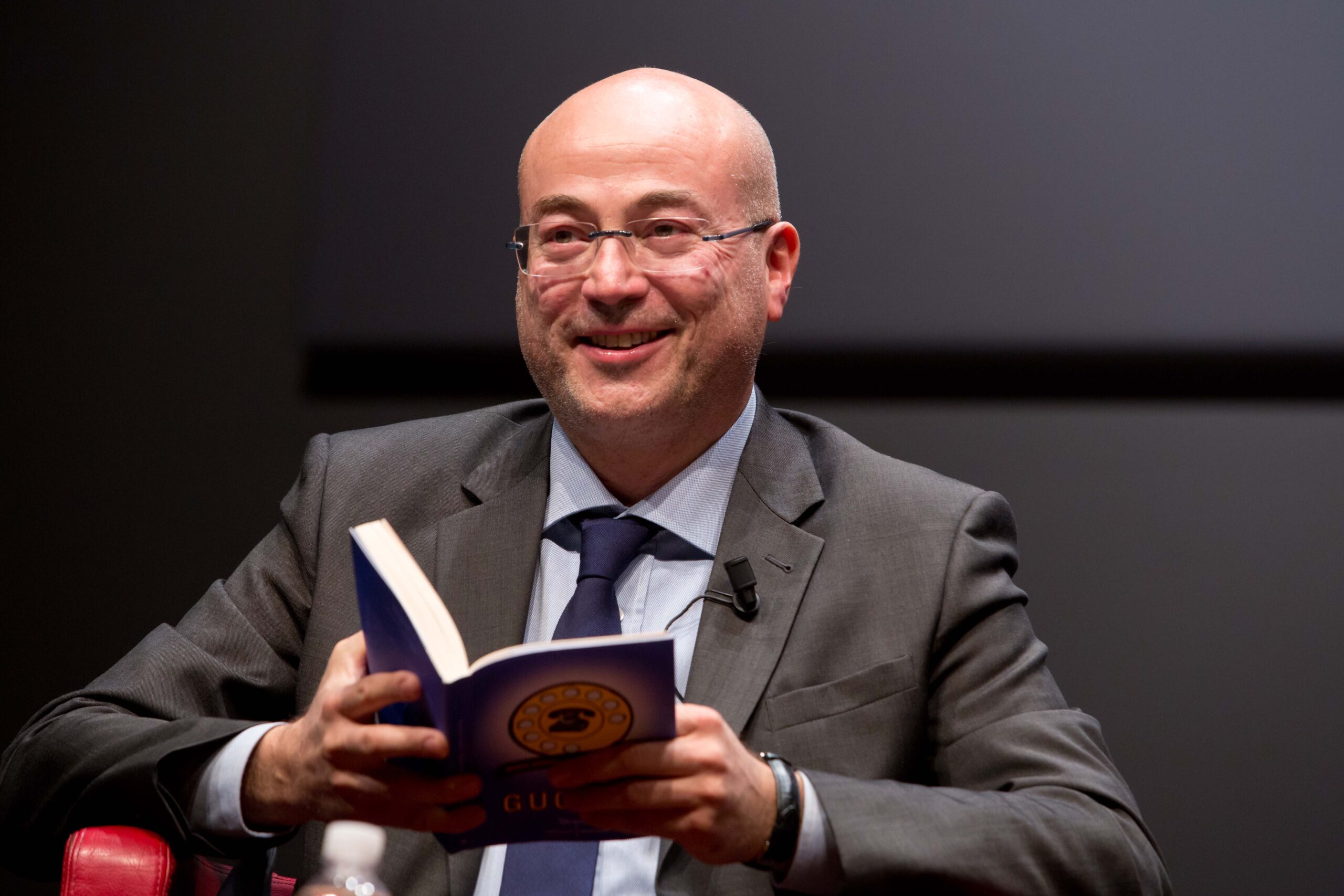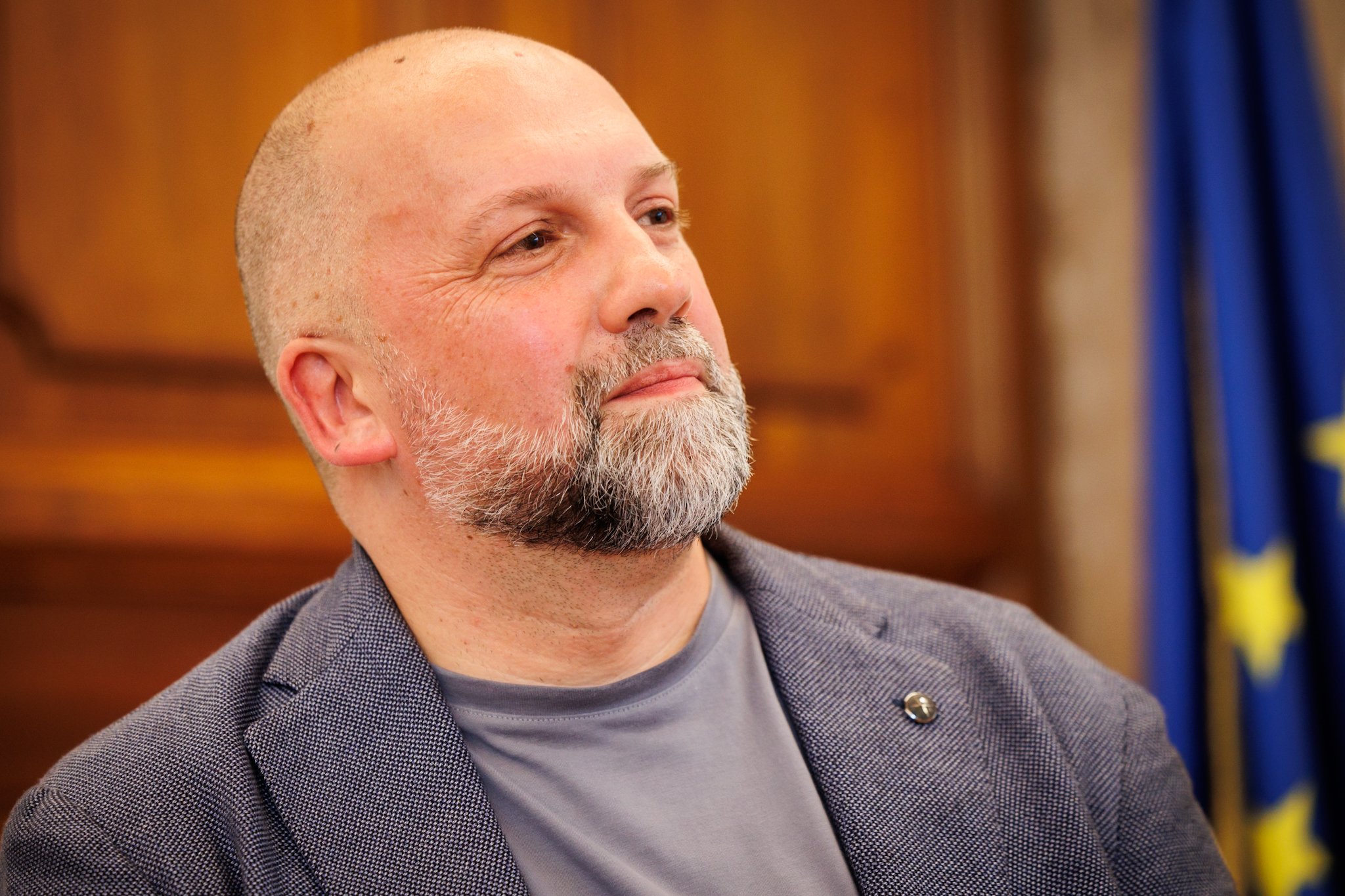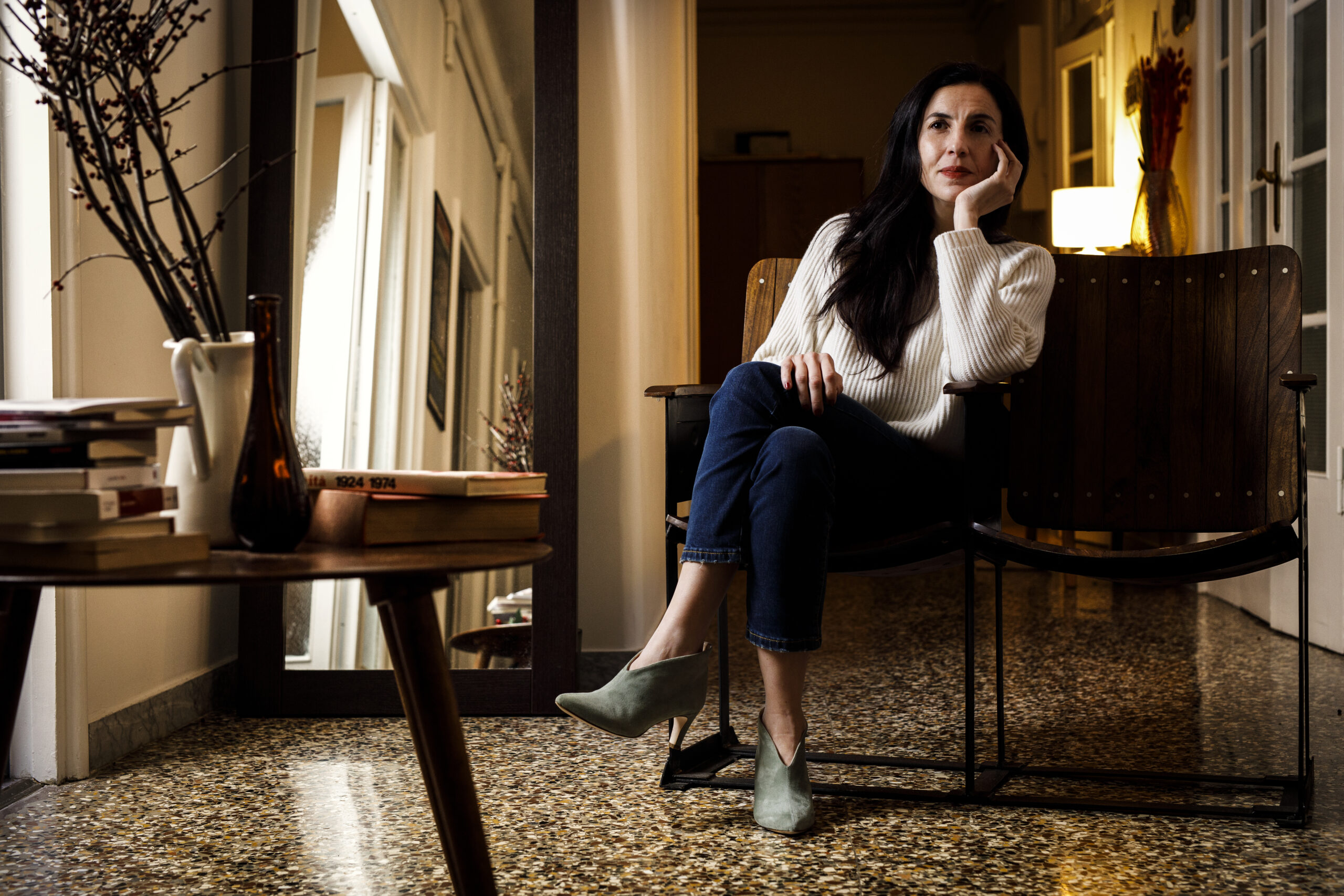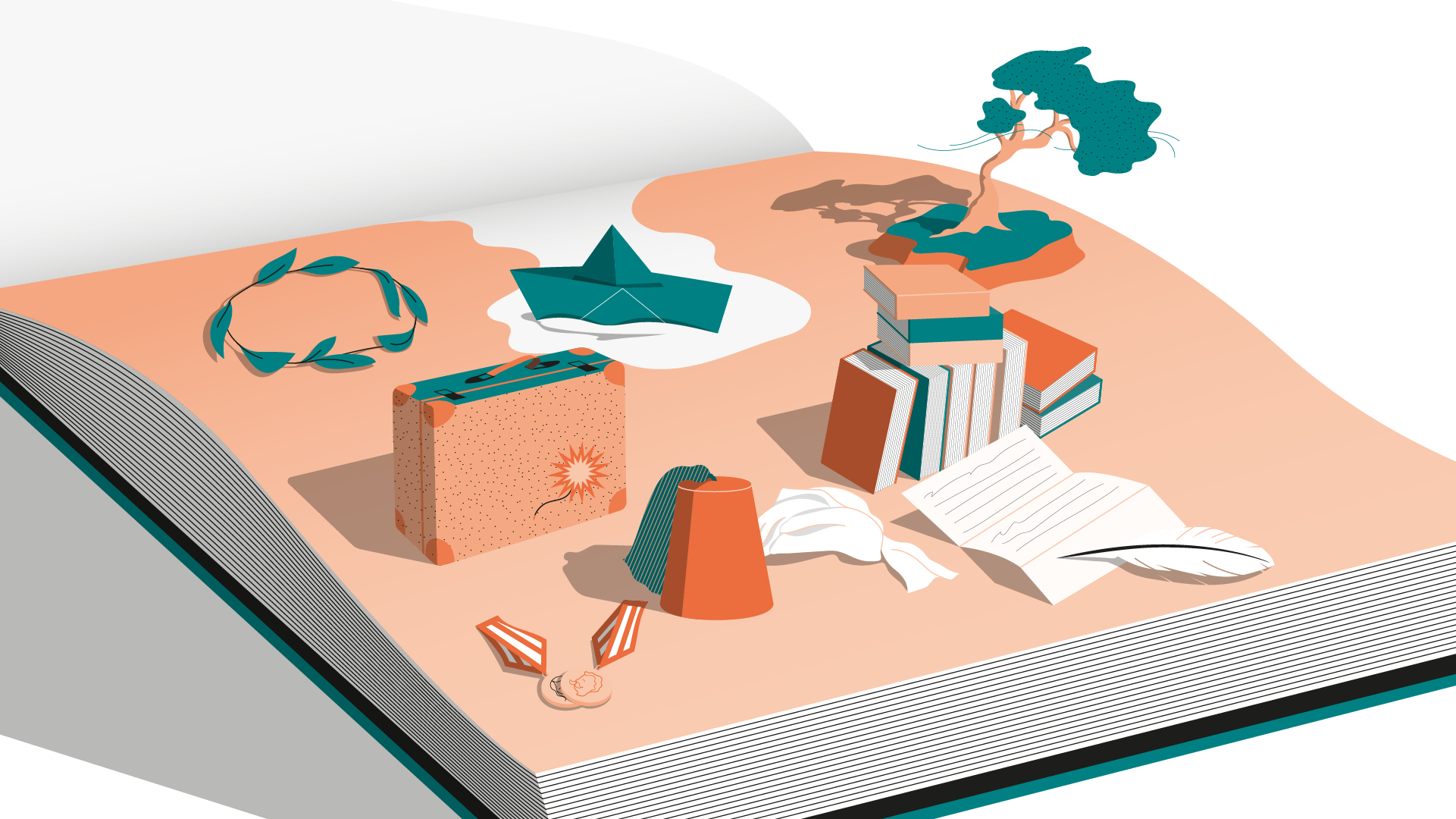
The Fondazione Musica per Roma and the Fondazione De Sanctis present the fourth edition of Lezioni di Letteratura: eight meetings held by writers and intellectuals who tell the audience about their most beloved books giving a personal interpretation of them. A unique opportunity to address through original and topical keys the great classics of world literature and the most debated contemporary works, rediscover masterpieces, reflect through them on the great universal themes and make them useful tools for understanding the present, but above all, to relive and rediscover them filtered through the sensibility and voice of contemporary artists. The lectures are aimed at the general public of enthusiasts and readers and all those who have a desire to learn about and explore some of the world's most celebrated works, from Luciano Bianciardi to Svetlana Aleksievic via Giacomo Leopardi, Emily Brontë and Dante Alighieri.
SUBSCRIPTION RENEWAL
- Tuesday, December 05 at 4 p.m. to Wednesday, December 20 (inclusive).
NEW SUBSCRIPTIONS AND SINGLE LESSON TICKETS ON SALE
- From Tuesday, December 05, 4:00 p.m.
WHERE TO BUY
For subscription renewal:
- At the Auditorium Parco della Musica box office, during continuous hours 11 a.m. - 7 p.m.
For the sale of new subscriptions and tickets:
- Ennio Morricone Auditorium Parco della Musica box office hours 11:00 a.m. - 7:00 p.m;
- Online at www.auditorium.com and www.ticketone.it;
RULES
- A maximum of 2 subscriptions per person can be headed;
- A maximum of 2 subscriptions can be renewed on behalf of other subscribers by proxy only;
The program may be subject to change
Subscription cost: 65.00 euros
Cost of single lesson tickets: €10.00
“The important thing is to do the shoes of the office manager, the colleague, those who work next to you. The method of success is largely about raising the dust.” Francesco Piccolo recounts Luciano Bianciardi‘s greatest narrative success, “La vita agra,” first published by La Scala, Rizzoli in 1962. In 2022, Feltrinelli made it part of a trilogy implied in “Trilogy of Anger: Cultural Work, Integration, The Aggra Life” for which Francesco Piccolo himself wrote the preface.
“The dimension of time is shattered, we cannot live or think except for bits of time that drift away each along its own trajectory and immediately disappear.” Viola Ardone narrates “If One Winter’s Night a Traveler” one of Italo Calvino ‘s great narrative achievements first published by Einaudi in 1979.
“Everything was very, very sad, and as I read I would sigh, because it seemed that happiness had disappeared completely from the world, never to return.” Edoardo Albinati retells Emily Brontë‘s recognizable as well as only novel, “Wuthering Heights”; a story of extreme passions and loneliness set on the English moors of the early 19th century.
Ennio Flaiano ‘s “Time to Kill” and Hailu Ghebreyesus ‘ “L’ascaro (An Anti-Colonial History)” address the history of colonialism and do so from a military and male perspective. Behind the lofty proclamations and words of civility, the aims of conquest and prevarication were hidden, not even so concealed. A Eurocentric, violent and prevaricating point of view that has brought so much suffering to the conquered territories. The novels of Ennio Flaiano and Hailu Ghebreyesus show us this enormous suffering, but putting themselves in the body not of the oppressed but of the oppressor. Characters, however, not of power, but mere cogs in the colonial project. These are two novels that while starting from a critique of colonialism, show the ambiguity of the characters in action, their repeated contradictions. Flaiano shows an anonymous soldier who, during the Italian invasion of Ethiopia in the 1930s, is guilty of raping and murdering a local woman. On the other hand, Hailu Ghebreyesus shows us an Eritrean soldier in the pay of the Italians, in another Italian colonial war, the 1911 war against Libya. Two must-have books that put in dialogue will give the measure of how much pain has been accomplished.
“E il naufragar m’è dolce in questo mare”. Eraldo Affinati narrates, interprets, explains and comments on “The Infinite” by Giacomo Leopardi.
Aldo Cazzullo narrates the archetype and paradigm of Italian culture in the world, “The Divine Comedy” by Dante Alighieri.
A concluding work not because it is the last, but because it summarizes a half-century-long literary quest,“Private Renaissance,” with which Maria Bellonci posthumously won the 1986 Strega Prize, is unanimously considered her masterpiece. “A work thought and one can say lived for twenty years,” wrote Geno Pampaloni, and to these twenty years lived by the author in communion of spirit with Isabella d’Este Stefano Petrocchi returns, showing how in Bellonci historical research, narrative imagination and autobiographical imprint always marched together. Isabella in this novel is not only the emblem of one of the most contradictory epochs in our history, of political decline and artistic splendor, but an authentic double of the writer.
Luigi Pirandello never hid, indeed continually and publicly reproposed a deep impatience-human, before literary-for his rival in art Gabriele d’Annunzio, whom he never spared such harsh criticism that it could almost be considered insults. However, at a certain point in his life and literary adventure Siciliano’s aggressive tones softened, went almost diluted within a cordiality of form that even allowed him to direct a play by his Abruzzese rival. Pirandello’s subterranean, perhaps unconsciously secret and unconfessable, admiration for d’Annunzio, hidden behind the apparent rancor, suddenly emerged when Pirandello found in the D’Annunzio pages of The Gospel According to the Adversary (1924) even the inspirational motives to pen the last lines of his greatest novel, One, No One and a Hundred Thousand (1926)…
“After the war for a long time I was afraid to look at the sky, to raise my head to the sky. And I was afraid to see the land plowed. While on its surface crows were already hopping quietly. The birds have quickly forgotten the war….” Francesca Mannocchi narrates “War has no woman’s face.” The Epic of Soviet Women in World War II (2015) born from the pen of Svjatlana Aleksievič, who won the Nobel Prize in Literature the same year.


